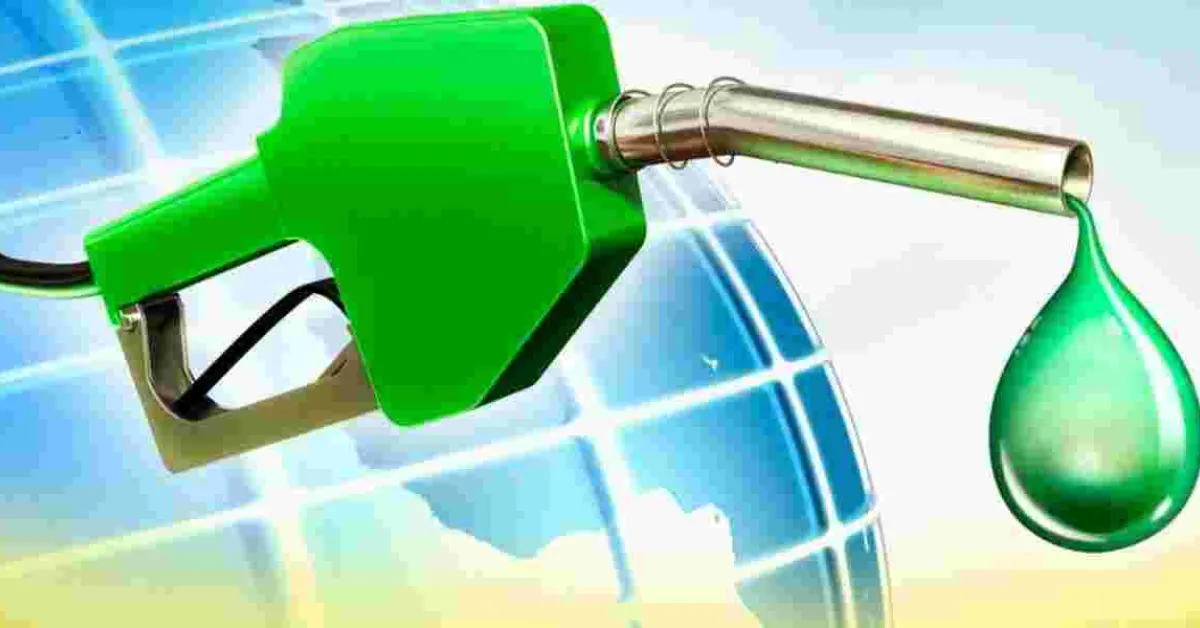IMF’s Fresh Target for Kenya May Come With New Fuel Tax

Kenya is urgently working to develop a policy for pricing carbon which may include a new fuel tax as part of its commitment to the International Monetary Fund's (IMF) new targets.
The IMF has reviewed Kenya's program and has committed to implementing a new carbon pricing policy by the end of April next year. The new policy will allow for the implementation of a carbon tax and the establishment of a market for carbon credits with the objective of mitigating the harmful consequences of fossil fuels such as petrol, diesel, and kerosene which are utilized widely by businesses and residents across Kenya.
The aim is to diminish the discharge of greenhouse gases which experts associate with the proliferation of global warming. However, vehicle operators may soon experience the impact of the new carbon tax imposed on petroleum products. This may pose an arduous situation, primarily because motorists have already adopted the double value-added tax from petroleum products to the standard rate of 16 per cent. The Ruto government also withdrew subsidies on fuel, lamenting that they were not targeted well.
In April 2024, pending approval from Parliament, the National Treasury of Kenya is expected to introduce carbon pricing as a means of implementing a carbon tax. This recommendation, along with others proposed by the IMF, is expected to face significant opposition. However, the IMF believes that implementing carbon pricing options could provide a double benefit for Kenya, helping them achieve their mitigation goals while also generating additional fiscal revenue to support vulnerable groups and offset the costs of higher energy prices.
In recent times, the cost of living in Kenya has decreased due to a reduction in food prices, but fuel prices have remained high. This has led to protests and the government has been forced to reinstate fuel subsidies to help alleviate the burden on consumers.














Add new comment